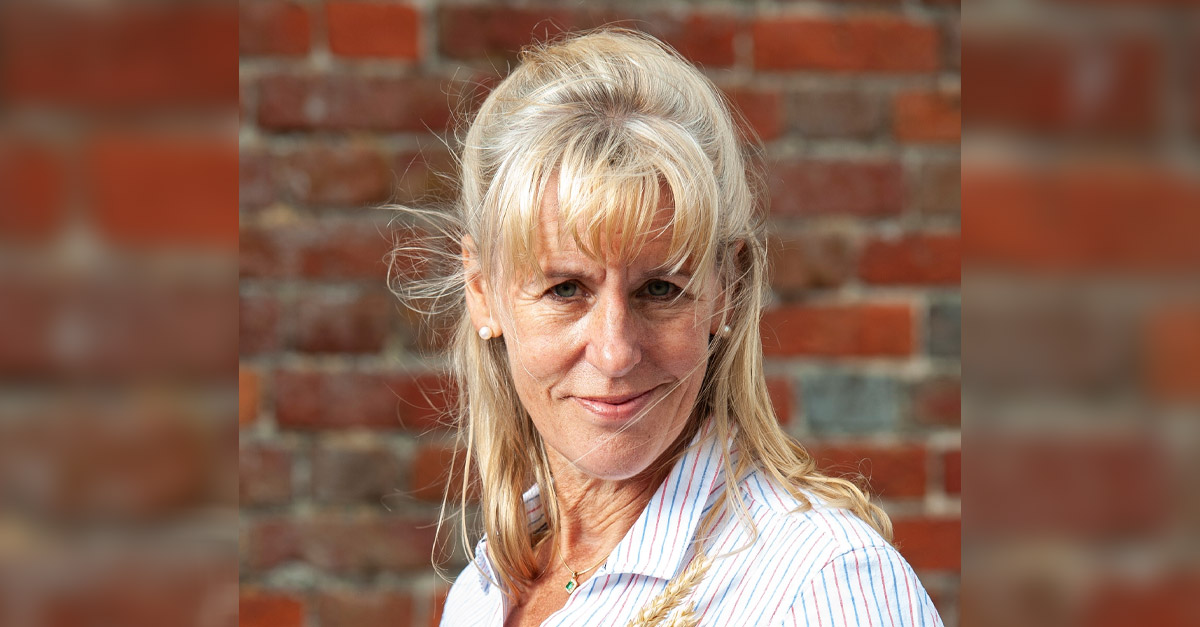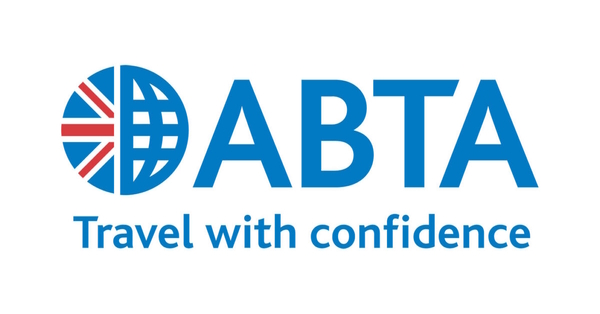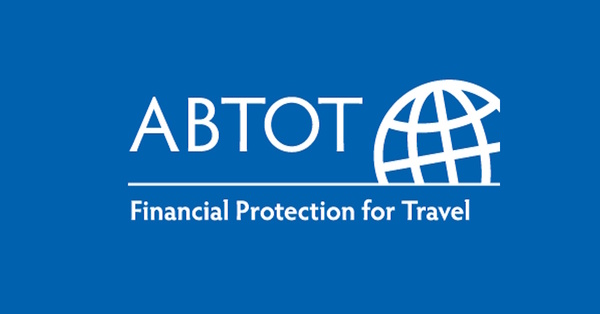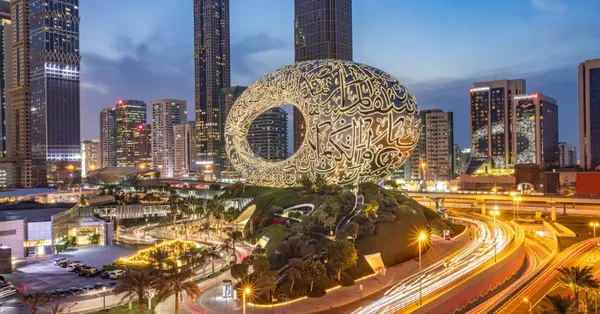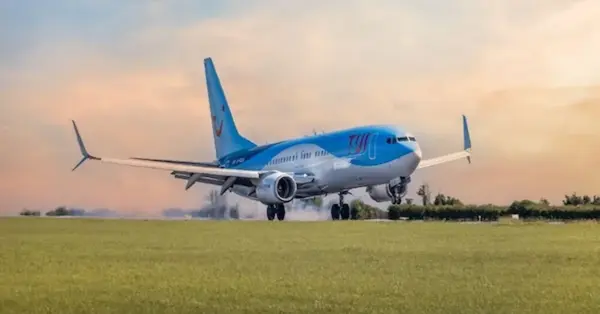You are viewing 2 of your 2 free articles
Interview: ‘Banging the table is easy, you need to problem solve’
What can Abta learn from agriculture? A good deal, it turns out, as former NFU president Minette Batters – who is due to speak at the Travel Convention next month – explained to Ian Taylor
It may seem odd to have a leader of the farmers’ union, the NFU, address the Travel Convention. But Minette Batters, who served six years as NFU president until February, notes: “There are so many crossovers.”
Batters, now a cross bench peer in the House of Lords though she dislikes being called Baroness, identifies a major similarity as the difficulty of dealing with a continually changing cast of ministers.
“I was president for six years and worked with four prime ministers. Now there is a fifth,” she said. “Such churn is unprecedented.”
The NFU operates at a different level of government to the travel sector. Rishi Sunak spoke at the NFU conference this year and Batters reported Keir Starmer visited her farm before the election.
Yet Labour’s election manifesto included “just 87 words on farming and food”, she pointed out, not dissimilar to travel. The manifesto linked ‘food security’ to national security, prompting Batters to note Brexit, the pandemic and the Ukraine war all affected food supplies and to ask: “What are the plans to deliver it?”
Now, she said: “Labour plans to double onshore wind and solar generation and to build 350,000 houses a year. Land use is becoming incredibly contentious.”
Batters came in for criticism from some NFU members for not attacking the government more, not unlike Abta. But she argued: “Representing members is easy – banging the table and saying, ‘We want this. But what do you do the next day? You need to be at the table. Ministers don’t respond well to people continually presenting what’s wrong.
“You have to problem solve so the government wants you there. Of course, you’re going to get criticism. But you have to lead. If you stick to ‘representing’ [members] you’re going to fail.”
For example, she said: “When we worked with Michael Gove at the Department for Environment, Food and Rural Affairs [in 2017-19], it was ‘We don’t need to produce food’ and just about the environment. We needed to turn it around. So, we said we could beat the government’s 2050 net zero target by 10 years. The moment we did, the government doors opened. They said, ‘Tell us how’.
“It annoyed some members who think climate change is rubbish. But I didn’t want farmers taxed on emissions. Not every farm will get there but many can produce carbon-zero food with the right policies and incentives.”
Batters identifies another similarity between the sectors when “people say, ‘Don’t travel’ and ‘Don’t eat meat’” to address the climate crisis, arguing: “We need to travel. It’s essential to people in a lot of places. It’s not enough to say, ‘Don’t travel’ and you’ve fixed everything.”
‘Sustainability has to appear on the balance sheet’
The development of sustainable farming methods and sustainability accreditation in agriculture, amid pressures to match consumer expectations on price, can provide valuable lessons for the travel industry.
“Becoming sustainable is becoming a licence to trade for all of us,” former NFU president Minette Batters is due to tell the Abta Travel Convention next month.
She said: “We have to be able to show our sustainability offering. The challenge is people don’t want to pay for it. So, we have to make sure nature and sustainability appear on the balance sheet, and there has to be accreditation.”
Batters warned: “Net Zero has to be reached in a phased way otherwise we’ll be exporting key parts of our economy [to other countries].” But she argues agriculture “has a huge role to play” in meeting the government’s net zero target and suggests sustainability certification schemes can play an important part in this.
Recalling “the food scares of the 1990s” in Britian, such as BSE and foot and mouth disease, she said: “We were the first to bring in farm assurance schemes in the UK.”
She explained: “The baseline accreditation is the Red Tractor Assurance Scheme.” This certifies UK farms and suppliers, with ‘farm to fork’ accreditation “fully audited through the supply chain”. Other schemes include the Soil Association organic mark and the Leaf (Linking Environment and Food) programme.
Batters also highlights the Groceries Code Adjudicator, which deals with disputes between supermarkets and suppliers and which the NFU lobbied hard for. Founded in 2013, the Adjudicator is responsible for enforcing the Groceries Supply Code of Practice between supermarkets and their suppliers.
She said: “Certification has been important in giving consumers confidence. The hard thing is getting retailers and consumers to pay for it.
“We all think prices should rise, but it’s difficult to talk about or negotiate on price. So, we have to look at the model. The challenge is we also need to make high quality, affordable food available for everyone.
“In the next 10 years we need to step up the pace [on sustainability]. Certification can be important in that, but it’s reliant on investment and people will need to pay for it. It will either cost the public or the consumer purse. And it’s the same for travel.”
‘I don’s see things happening fast on EU trade’
Brexit has proved a bigger challenge for farmers than for travel, according to Batters, who argued: “There are massive implications for all of us on what goes in our fridges.”
She said: “It’s crucial we’re able to import from and export to our closest neighbours without restrictions. Much of Labour’s plans for growth are attached to that.”
Batters suggested farming “is likely to be the first sector discussed and the last to be agreed in any trade deal” and warned: “I don’t see an agreement any time soon.
“We want a dynamic alignment. Labour’s relations [with the EU] will be better and we’ll be closer. But I don’t see things happening fast. It will take time because the EU always takes time.”
Post-Brexit restrictions on labour have had a huge impact on farming, she said, arguing: “Successive governments have driven people out of agriculture. We’ve relied on a workforce predominantly from Eastern Europe to do seasonal agricultural jobs for years.”
Now she said: “We have people coming from more challenging parts of the world and more costs involved. There are robots that can pick fruit, but people are quicker.”
At Abta’s Travel Convention next month, Blatters said: “I hope to share some knowledge on solutions we’ve put forward, plus where I think Labour will go.”
She will be joined onstage following her presentation by easyJet holidays chief operating officer Matt Callaghan and MSC Cruises vice president for sustainability & ESG Linden Coppell.
Together, they will explore how sustainability can become part of core business practices and how to address the challenges of climate change.
The Travel Convention, October 7-9, will be at Costa Navarino, Greece. Find out more and register

